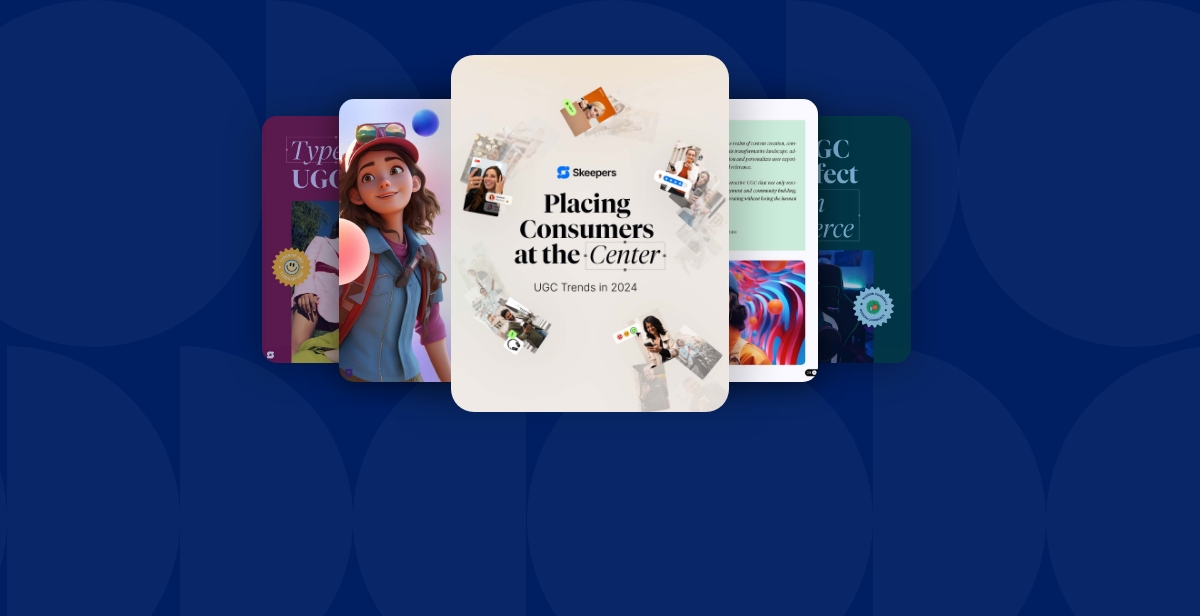A few years ago, influencer marketing was mostly used by brands working in the cosmetics, fitness, food or travel industries but it has become an essential lever in communication. Nowadays, all companies, regardless of the industry, create partnerships with influencers. Obviously, this kind of marketing is efficient as 88% of consumers surveyed admit that they...
A few years ago, influencer marketing was mostly used by brands working in the cosmetics, fitness, food or travel industries but it has become an essential lever in communication. Nowadays, all companies, regardless of the industry, create partnerships with influencers. Obviously, this kind of marketing is efficient as 88% of consumers surveyed admit that they do have been influenced by content creators to buy a product, which is impressive (source: Rakuten).
Do you still have some doubts about influencer marketing ? Hivency presents you 8 surprising sectors being successful thanks to influencer marketing and the last one may remind you something…
#1 The associative industry supported by influencers
Social networks are the best place to share ideas so, as an association, they are the type of platform to pick first to deliver an engaged message. In their approach, associations can rely on influencers’ support who act as a real spokesperson. Some of them such as, Amnesty International France are some NGO that have already resorted to influencer marketing. As a bonus, concerning these three associations who were supported by Hivency, hundreds of thousands users were made aware of their cause and lots of donations were made. Congratulations!
#2 The edition industry engaged in some pretty influencer marketing campaigns
Who said the Internet would kill books? Certainly not the numerous “bookstagrammers” who published more than 11 million posts on Instagram though, nor the bunch of “booktubers” present on social networks. Regarding publishing companies, these fans of digital literature represent an opportunity. By working with micro-influencers or nano-influencers in line with the targeted audience, you can definitely boost your sales.
#3 The higher education is also involved with this sort of strategy
According to Rival IQ, in 2021, higher education is the sector which obtains the best engagement rate on Instagram, about 3.19% on average. Business schools, engineering schools or schools of communication and even language schools see great opportunities. Fairs are not the only way to promote their programs, their special atmosphere or their alumni’s success stories anymore. For instance, EAE Business School has promoted its bachelor’s degrees by creating ads that were posted on TikTok. As a result, EAE has targeted a huge audience among the Spanish TikTok community and the ad has generated 4.2 million views (source: TikTok). What a success!
#4 The recruiting industry, hiring some influencers
It is not an easy task to promote your employer brand among young people as a big company or a well-established administration.In 2020, many companies chose influencer marketing to solve this problem. For instance, the famous French public railway company called SNCF collaborated with 7 TikTokers to promote 7 jobs in railway, which resulted in 1.5 million views and a record engagement rate of 37 % (source : focus RH). A good way to trigger vocations in railway among the Gen-Z.
#5 The bank industry relies on influencer marketing
Traditional banks, online banks, mobile accounts, or payment apps: for the past few years, the bank industry has been diversifying. While there is fierce competition, some fintech players invest in influencer marketing to stand out from competitors and give a new look to their customer base. On one hand, the German mobile bank N26 sponsors YouTube videos and finances the Twitch program “Underscore” hosted by Micode. On the other hand, NatWest Bank works with young influencers on TikTok to promote its student offer.
#6 The insurance industry takes content creators on a journey
Just like the bank industry, the insurance industry is also attracted by influencer marketing. From 2018, the insurer Allianz has collaborated with the YouTuber Micode in order to produce a set of videos called “CodeTrotter”. The main purpose is to meet a new, young and connected target. More recently, the insurer Chapka got into partnership with Artisans de Demain, a French YouTube channel about travel, a good way to make young explorers aware of how useful specialized insurance can be.
#7 Retailers upgrade thanks to influencer marketing
In July 2021, the French giant Carrefour invited Teeqzy to play Fortnite, a famous video-game. The live broadcast on Twitch, occurred in the fruits and vegetables department of one of Carrefour’s grocery shops. Its purpose was to raise awareness among young people about having a healthy diet. In a different category, Gifi, a French discount chain, guided by Hivency, collaborated with 8 micro-influencers to promote its crepe maker, sold during Candlemas in 2021. This campaign on Instagram was a success as it resulted in 16 176 likes, 702 comments and an earned value of 3,927 euros.
#8 And the winner is… the cybersecurity industry
Influencer marketing allows generalizing products that were unknown to the public until now. The example of VPNs (virtual private networks) is particularly telling. Still reserved for insiders a few years ago, these applications supposed to ensure the security of Internet users are now well-known. In 2020, according to Atlas VPN, 277 million downloads will have been made worldwide. The multiple influencer marketing campaigns conducted by the various providers could not be foreign to this craze. On YouTube, many influencers have indeed defended the colors of Nord VPN, Surfshark VPN and others. The content creators demonstrate here again their ability to explain simply (and often with humor) the interest of complex and new products.







